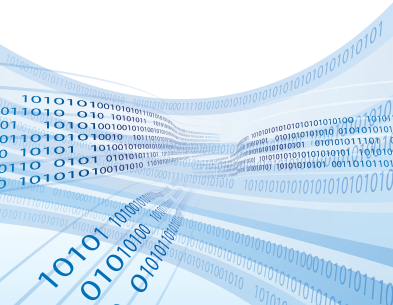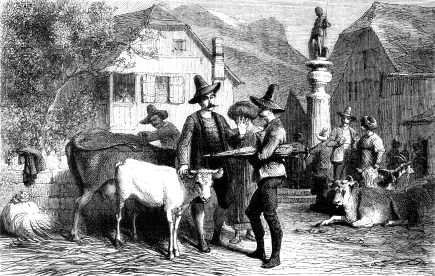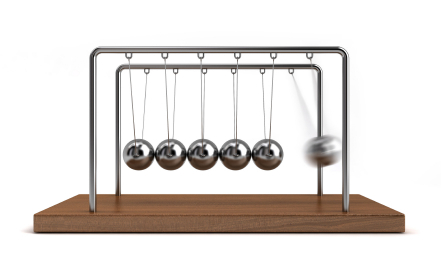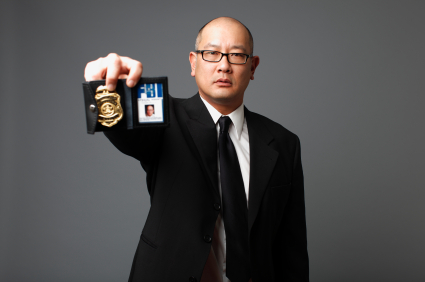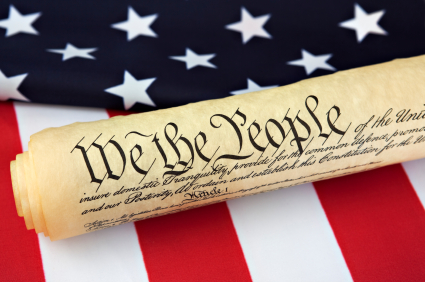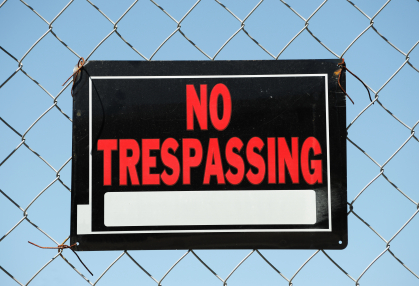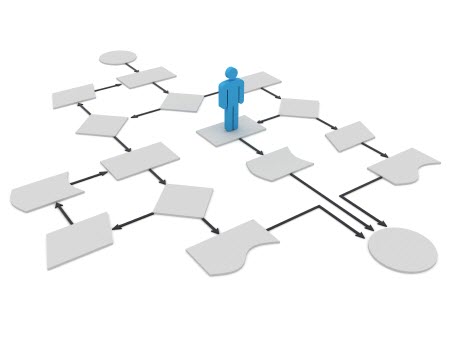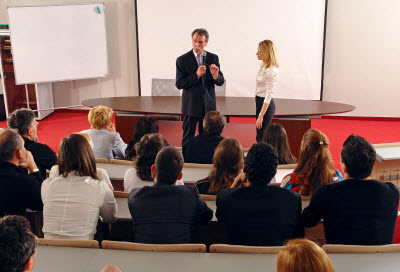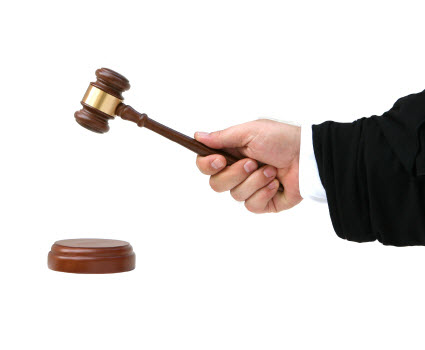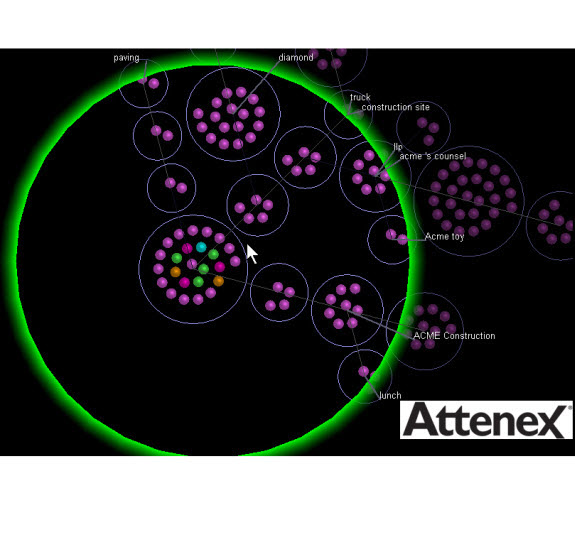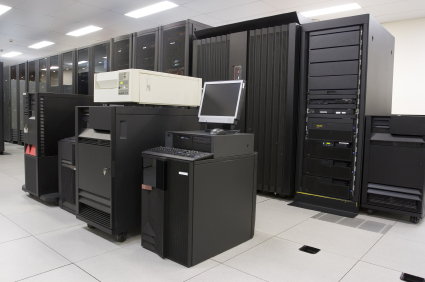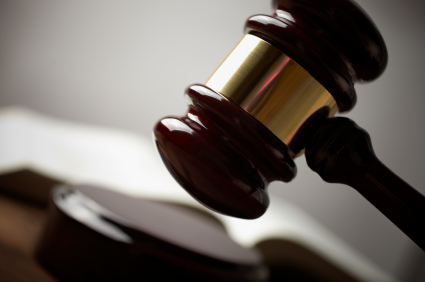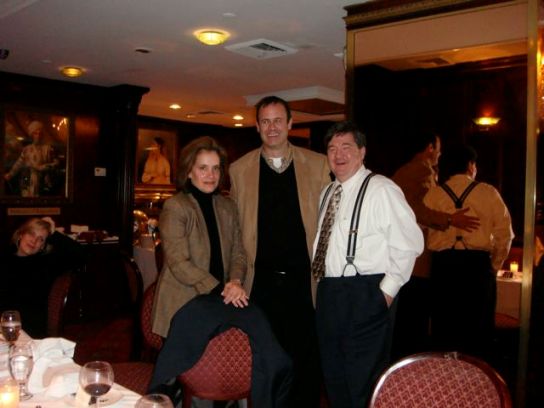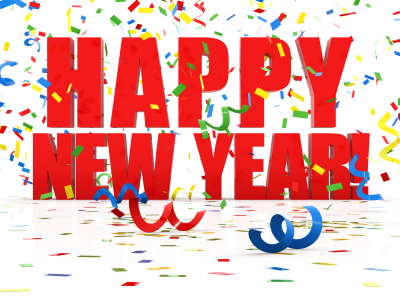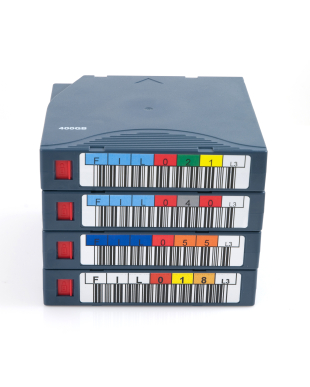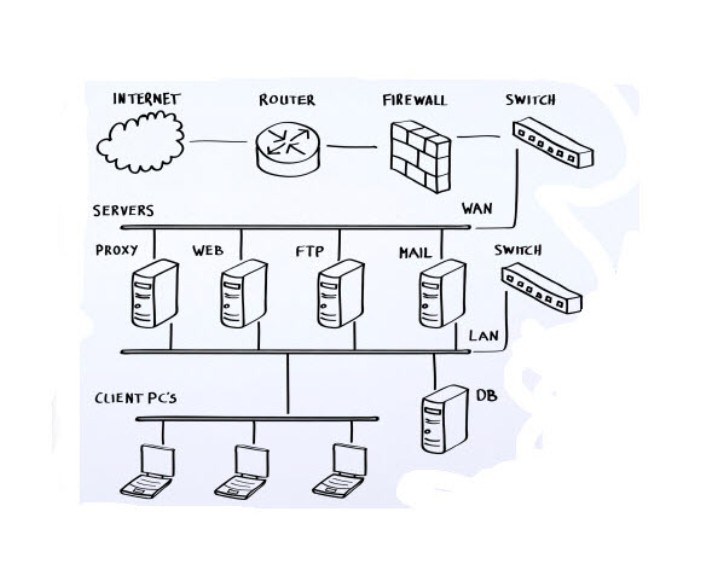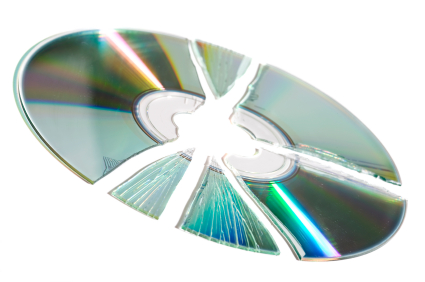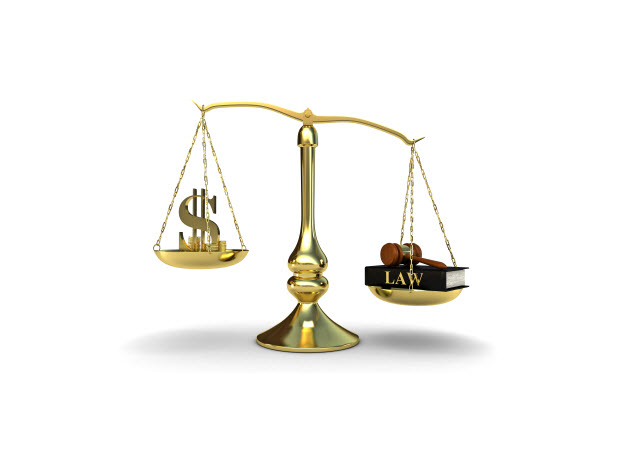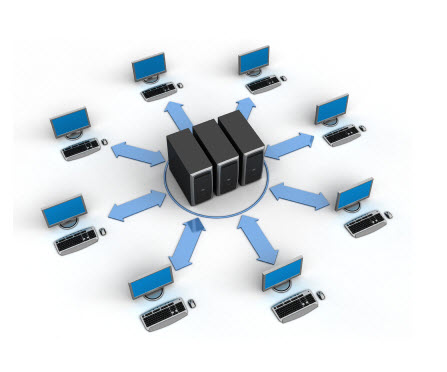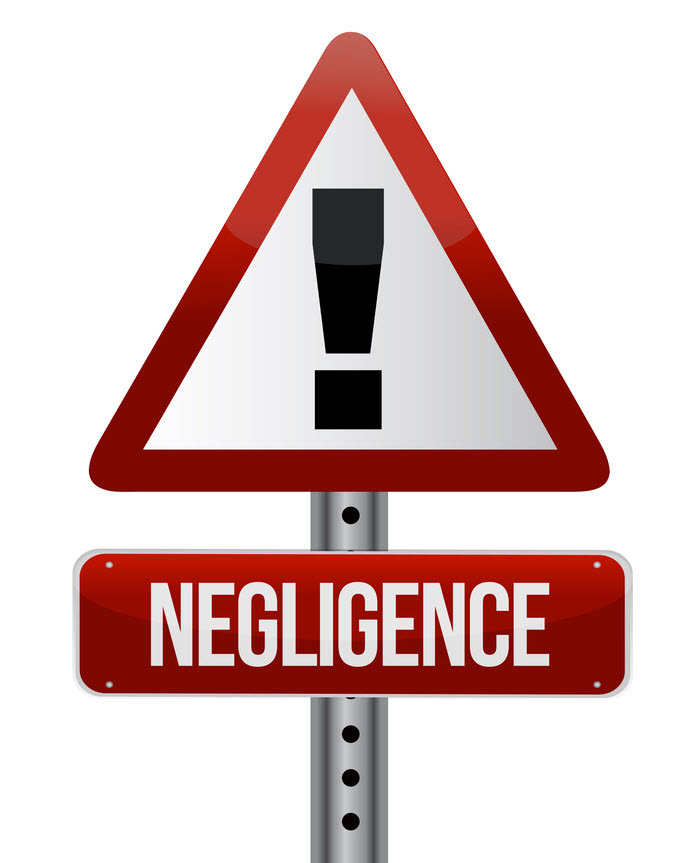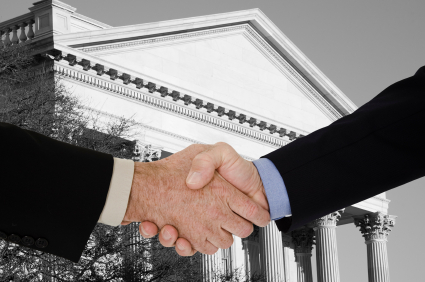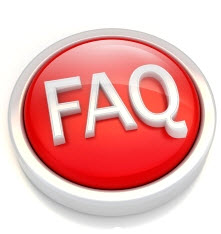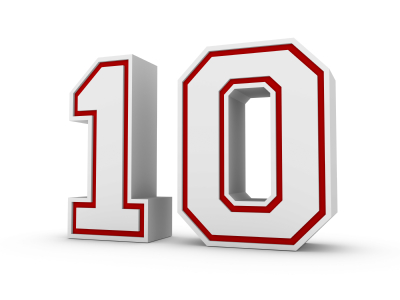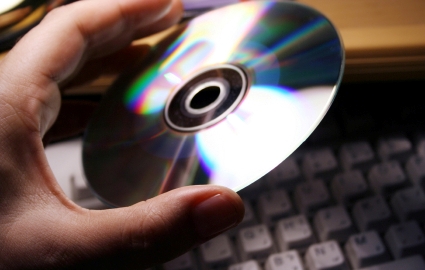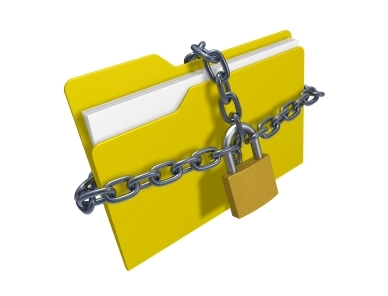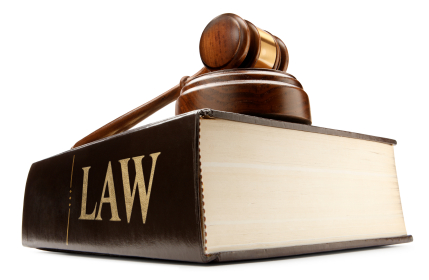Our First Processing of ESI Show With Industry Processing Pioneers
Learn about the role processing plays in the analysis of ESI for E-Discovery. This is a really unsexy topic which few people want to think about except for the people whose hands it falls on to complete this important task. To those who are more involved, it is a trap for the unwary which is often decided based on price without thought to the implications that bad processing can have for your case.
Read MoreAgreeing on Key Words, The Tooth Fairy and Other Myths
With the big push on cooperating to reduce costs and improve discovery, we take on one of the big issues in electronic discovery, key word searching. Can you cooperate on key words and gain real efficiencies? Why do we battle over key words?
Read MoreCost Shifting and Fee Splitting in Electronic Discovery
Today’s show talks about the mechanics of cost shifting but we also delve into how new technologies such as concept searching can be addressed in meet and confers to reduce costs. Given the different perspectives, a variety of opinions will be shared including how important the Proclamation Collaboration can be to reducing cost shifting arguments to real disputes.
Read MoreSocial Media Creates Business Opportunities, Messes and Work for Lawyers
Today’s show will be a combination of topics as we discuss why social media is such a useful tool for businesses (including law firms) by enabling organizations to connect with communities of users in very dynamic ways. We will also talk about some of the risks these tools can create rather quickly as users lose control of messages which can spiral out of control on the internet.
Read MoreThe Vendor Control Pendulum in Electronic Discovery
Control of vendor relationships in electronic discovery has shifted over the past few years with more companies taking an active role in managing preferred vendor relationships. We will discuss what the field was like before this shift occurred, what the outcome of this shift is, and if it is resulting in better projects and improvement in electronic discovery process.
Read MoreGovernment Investigations and Electronic Discovery
Listen to how the rules differ when the government is involved and what remains the same. Despite the economic downturn of the past year, regulatory electronic discovery has been a field largely unaffected. In some respects, it has been a growth field compared to the rest of the electronic discovery industry. Yet, the rules are different and working through electronic discovery issues with the government can be an art.
Read MoreHow State Law Can Differ From Federal E-Discovery Law in New York
How does state law and federal law can differ in electronic discovery cases. In this episode, we will be discussing New York state law and how it contrasts with federal electronic discovery practice.
Read MoreRequest for Idea to Offer Law School E-Discovery Clinics to Small Law Firms
This podcast is really just a short description of an idea and a request to get in touch with me if you like the idea and want to help, are a law student and can provide some feedback on the idea, know a law school that teaches electronic discovery or, better yet, know a professor who teaches electronic discovery.
Read MoreMid-Year 2010 Summary of Electronic Discovery Cases
Together we are going to tackle the mid-year review of electronic discovery cases. What are the themes and trends? What types of cases are being filed? Are spoliation cases growing? Is electronic discovery going more mainstream now with more courts weighing in or are we seeing mega decisions still from the judges who have been pioneers in the field?
Read MoreThe 4th Amendment and E-Discovery in Criminal Matters
Learn how the 4th Amendment in criminal cases intersects with electronic discovery. Our panelist for today’s show is Justin Murphy with Washington DC based Crowell & Moring who proposed this show when we met a month ago in Washington, DC. It is exciting to be able to take ESIBytes into new fields like criminal law so I appreciate Justin’s insights into criminal law.
Read MoreElectronic Discovery and Home Computers
Home computers are filled with lots of interesting ESI about custodians but they also raise unique privacy issues.
Read MoreEarly Case Assessment (ECA) Strategies – The Wrong Way and The Right Way
We will talk about common methods used today; what some of their limitations are; how like any database driven task, a bad collection or poor records management at the front end can impede good ECA; and how new technologies like concept searching are making ECA easier to accomplish.
Read More100th Judge Signs The Cooperation Proclamation
We have the pleasure of speaking with the Hon. Joyce Flowers Conti from the Western District of Pennsylvania who recently became the 100th judge to sign off on The Cooperation Proclamation. Joining her on this show will be Richard Braman, the Executive Director from The Sedona Conference who will update the audience on the progress of The Cooperation Proclamation to date and to celebrate this milestone.
Read MoreQuon and the Supreme Court Tackling An E-Discovery Issue
Learn about the U.S. Supreme Court’s recent decision in Quon and how it sheds light on the Supreme Court’s take on electronic discovery. Widely viewed as a punt, the Supreme Court did not talk much about electronic discovery and instead based its decision on whether the 4th Amendment was violated.
Read MoreLocal E-Discovery Tools
This show talks about “Friends of E-Discovery” as a local tool to foster best local practices when tackling E-Discovery issues. At these meetings, local lawyers from in-house and outside law firms show up and confidentially discuss their issues and ideas on how to better handle records management, legal holds, and e-discovery.
Read MoreAssociates’ Perspectives On Supporting Electronic Discovery Matters
This was a very interesting show from a perspective not covered at most e-discovery conferences. Yet for law firm management, understanding your resources and how to attack the management of electronic discovery matters is of huge importance.
Read MoreThe Truth about Metadata
We explore more deeply the burdens metadata productions place on defendants, how much metadata can improve review process instead of leading to a smoking gun piece of evidence (which is fairly rare), and other thoughts in this area. Metadata is like the DNA of electronic files. Find out more how it fits into the e-discovery process by listening to the show.
Read MoreThe Legal Hold Battle
In this podcast, we talk about what really goes through the minds of outside and in-house counsel when it comes time to implement a legal hold and preserve ESI. A recent informal survey of practicing E-Discovery attorneys and in-house attorneys revealed there might be some differences of opinion on how involved a legal hold should be.
Read MoreAn Overview of Privacy Laws and ESI
Learn about the changing landscape of privacy laws involving ESI including social media, company owned hardware, email accounts, company owned PDA’s and other areas where employees blur the line between professional life and personal life.
Read MoreE-Discovery Lawyers Training Other Lawyers
Three different E-Discovery lawyers from three different types of law firms join us to discuss how they interact and “coach” other lawyers in their firm on the nuances of E-Discovery.
Read MoreCan You Do E-Discovery By Yourself?
DIY is a theme which emerged in the recent show on E-Discovery process. This is a short show but we consider the topic as a real ESI “Bite” of ESIBytes.
Read MoreBuilding E-Discovery Work Flow
The topic for discussion in this podcast is how to create an E-Discovery process. Individual components will be discussed as well as the challenges of building process in the middle of a case.
Read MoreScaling and E-Discovery Process
Learn about the challenges of creating a scalable E-Discovery process. It is not difficult for companies in “bet the company” litigation to create a process to deal with cases. Budget is never an issue and tools can be sources which appear to meet the challenge. When things get interesting is the smaller case. The unique challenges this approach put on an organization as well as what solutions might be will be discussed.
Read MoreLessons on E-Discovery in Canada
This is a useful show for legal professionals who might litigate cases in Canada as well as legal professionals who want to hear ideas of what works from our neighbors up North. Their system is far less adverserial and yes there are more privacy laws which differ from U.S. laws.
Read MoreLaw School Students on E-Discovery With Judge Grimm
We interviewed 8 law students who have been taking electronic discovery courses at three different law schools: The University of Florida, The University of Texas and The University of Alabama. On a number of podcasts we have heard from E-Discovery analysts and participants, such as Judge Scheindlin and Ralph Losey, that law students perhaps represent the future saviors of the Electronic Discovery field. Well now we give a group of students who have been studying this topic in their law schools a chance to weigh in on the topic.
Read MoreAdmissibility Pointers From The Bench Featuring Judges Grimm and Rosenbaum
Listen to a discussion on issues associated with the admissibility of ESI in litigation from two judges who have stellar backgrounds in this space.
Read MorePension Commitee, Rimkus Consulting and E-Discovery Appeals
Listen to our discussion about the split among federal circuit courts on the level of culpability required to result in sanctions in electronic discovery cases. In addition to analyzing this, we will also discuss the practical challenges of appealing any E-Discovery decision and whether common law principles are an effective way to create fluid and evolving guidance for e-discovery lawyers and their clients.
Read MoreConcept Searching in Electronic Discovery
In this program we will talk about how to use concept searching tools, what concept searching means to key word searching, how to use concept searching to really beef up early case assessment and review, some of the challenges of using concept searching, and a variety of other related topics.
Read MoreShould Law Firms Outsource or Insource E-Discovery Tools?
We’ll discuss the complex issues associated with the question of whether or not firms should outsource or in-source eDiscovery tools. What it takes for a law firm to be able to sustain managing technology in e-discovery, the risks of owning software, when it makes sense, and other issues will be discussed.
Read MorePension Committee Opinion and Legal Holds
During this podcast we talk about the Pension Committee opinion, analyze the major flaws in the plaintiffs legal holds, how pervasive the problem of poor legal holds are, the importance of written legal holds, any unusual fact patterns in this case which might cause this case to be an anomaly, other problems illustrated by the case, and a wrap up with some tips for doing effective legal holds.
Read MoreLegalTech® 2010 Live Interviews And Review
ESIBytes goes on the road to New York City to interview random guests at Legal Tech® 2010 for their opinions on the state of Electronic Discovery and the Legal Tech show itself.
Read MoreHow To Work With E-Mediation and Special Masters in E-Discovery Cases
Listen to Allison Skinner from the Birmingham, Alabama based law firm Sirote & Permutt, Peter Vogel, head of E-Discovery with the Dallas office of Gardere Wynne Sewell LLP and Karl Schieneman, Director of Legal Analytics and Review with JurInnov, discuss e-Mediation and Special Masters in electronic discovery cases.
Read MoreThe Top 10 E-Discovery Opinions of 2009
Listen to Karl Schieneman, Director of Legal Analytics and Review with JurInnov, and Ron Hedges, former magistrate judge from New Jersey and well known electronic discovery consultant, recap some of the most significant electronic discovery opinions of 2009.
Read MoreThe Role of Specialization in E-Discovery
Several interesting questions are discussed, including: What role do generalists play? When is a specialist required and how can specialists assist in electronic discovery? How should generalists interact with specialists to make electronic discovery projects go smoother?
Read MoreThe Year In Review – ESIBytes Top Shows Revisited and Summarized
Listen to this show and you will get an interesting overview of how much useful information has been compiled on the ESIBytes podcast site due to the support of so many national experts. 2009 has been a success and we look forward to recording many more useful shows in 2010. To all our listeners, we wish you a healthy and prosperous New Year.
Read MoreThe Case For Cooperation in Electronic Discovery
If you have ever wondered how cooperation fits into the litigation world, this is a show for you to listen to. Each of the participants sits in different roles in the electronic discovery process and we will explore cooperation principles from their differing perspectives which come to similar conclusions. If both sides do not cooperate on discovery matters when there is substantial ESI involved, all parties run the risk of losing.
Read MoreShould We Be Scared Of Back Up Tapes in E-Discovery?
Today, technology has improved and costs have come down. Work process has improved to the point where sometimes you might want to go to back up tapes as a first choice. This show will attempt to help those who are not techies have a better sense of what it means if you agree to go to back up tapes. We’ll discuss what the pitfalls are and how back up tapes can help you with E-Discovery.
Read MoreE-Discovery From The Trenches – What a Contract Attorney Sees
Listen to a contract attorney discuss what happens on projects, what works, what could be done better. This show is being done to discuss the management of contract attorneys and whether there is room for improvement in this area.
Read MoreThe Relationship Between Effective Records Management and Legal Holds
On a past ESIBytes podcast on legal holds, I commented that legal holds strike me as being the “bastard child” of records management because they share so many of the same issues, with the exception that legal holds are done under the cloud of litigation and are sometimes easier to find funding for. Listen to these two experts talk about the these two processes and how to execute on both of them.
Read MoreHelpful Tips for ESI Data Mapping to Reduce E-Discovery Costs
Get practical advice on how create a data map to prepare for E-Discovery more efficiently. The first step of the legal hold process is identifying your ESI. Listen to our expert panel describe how to do this effectively and common mistakes that can be made and to avoid. An effective data mapping project can result in reduced e-discovery costs and act as an insurance policy against spoliation charges as an example of a company’s good faith efforts to keep track of their ESI for E-Discovery.
Read MoreData Mismanagement in E-Discovery
Listen to E-Discovery pioneer and data recovery expert Quin Gregor talk about some of the biggest risks in data mismanagement and what to do when you have ESI which “might” be inaccessible. We will discuss back up tapes, flaws in how we store data today, how to evaluate what to store, critical issues in storage retrieval, when you know you have a data storage mess on your hands, what to do about obsolete data, when data is inaccessible, and we will touch on the implications of the cloud.
Read MoreProportional E-Discovery
Listen to the Hon. James Rosenbaum and Jonathan Redgrave from Nixon Peabody talk about how proportionality is affecting the field of E-Discovery. This is a very interesting episode given Jonathan’s depth of experience in the field and Judge Rosenbaum’s perspective from the bench.
Read MoreE-Discovery of Databases – Plaintiff’s and Defendant’s Perspectives
What is unique about this show is it can turn into a bit of a debate because we have both plaintiff and defense oriented experts on this show. From both perspectives we will try to cover when database information can be useful to a case, how to get at it, what the challenges seem to be, the process of preserving, collecting and reviewing database ESI, proportionality concerns, where to find good database E-discovery experts, and what developments we see in the database field related to electronic discovery.
Read MoreLegal Malpractice and Other Risks with E-Discovery
We delve into the topic of legal malpractice and other risks with E-Discovery. The panel will start by discussing what is legal malpractice then discuss different types of fact patterns which have occurred in the world of E-Discovery and whether they might rise to the level of malpractice risk.
Read MoreThe State of E-Discovery by George Socha
Listen to the well known E-Discovery Consultant George Socha and co-author of the influential Socha-Gelbmann E-Discovery Survey discuss what their survey is indicating and where George thinks the industry is heading. This is a great opportunity to learn from someone who has a good perspective on the industry.
Read MoreE-Discovery and Antitrust Law
Topics we will discuss include where E-Discovery impacts Antitrust law the most, whether the Collaboration Proclamation being pushed by The Sedona Conference and cited in the Mancia case works in Antitrust cases, how system data such as accounting data is compiled and produced and other tips based on Jeane’s experience in the field as a thought leader.
Read MoreE-Discovery and Family Law
Listen to Pittsburgh based family law attorney David Pollock and Cleveland based forensic expert Barry Gummow from JurInnov, discuss how E-Discovery can impact a family law case. David has given live presentations with me in the past on electronic discovery and I look forward to bringing him onto ESIBytes to share his insights with a national audience into how Electronic Discovery impacts family law cases.
Read MoreRule 502: Are We There Yet?
Today we tackle the vexing world of waiving privilege with ESI with two outstanding panelists and moderated by Karl Schieneman, Director of Legal Analytics and Review at JurInnov. Privilege waiver and the challenges faced with ESI have been tackled in a number of high profile cases by one of our panelists Judge Grimm and written about by Tom Allman.
Read MoreQuestions a Company Should Know About Records Management
In this podcast we explain why the answers to several questions must be answered by in-house attorneys. Sample questions include: 1) Who is involved in establishing an E-Discovery ready records management program or process? 2) Does the company have records management policies? 3) What are the company’s procedures regarding record holds? Are certain employees assigned specific responsibilities regarding records holds? What responsibilities would they be? What is the best way to let company employees know about a record hold?
Read MoreHow to Shop for Electronic Discovery Services
This show might be more accurately described as how not to shop for electronic discovery services. Listen to Brett Burney, a leading electronic discovery and legal IT consultant, provide a framework for this important issue which law firms and company’s both face. What should you look for? When is price the most important issue? How do you perform a reference check? When can comparing price can turn into an apples and oranges comparison? These and other issues will be discussed.
Read MoreTips and Info. about the ESIBytes Website
I thought I would do a show and talk about how I use the website in my own electronic discovery practice, why we changed the look and feel of the website, and to call out to listeners to propose topics and guests on the show. This should be a short show but it gives me a chance to spend 10 minutes or so and give listeners a chance to reflect on what I think about the show as we approach our 50th episode.
Read MoreWhat Auditors and CPAs Can Teach Electronic Discovery Attorneys
Topics which will be covered include how audited financial statements are used, how audits are planned, the role of an audit program to guide and document the steps of an audit, how sampling records is a significant part of an auditor’s job, and whether they believe auditing principles could be applied to electronic discovery challenges. Come join us for an interesting podcast on a topic which might be a first for the electronic discovery world.
Read MoreTop 10 Electronic Discovery Opinions
Listen to the former United States Magistrate Judge in the United States District Court for the District of New Jersey, and well know electronic discovery speaker Ron Hedges identify his top 10 electronic discovery opinions of all time (to date). Ron is an active member of The Sedona Conference® and was the conference Co-Chair on the Planning Committee of Georgetown University Law Center’s Advanced E-Discovery Institute in November 2007. He was also the Co-Chair of the E-Discovery Certification Program Steering Committee of the Georgetown University Law Center. He is also currently a Member of the International ARMA Records Destruction Task Force.
Read MoreEffectively Interviewing Custodians To Find ESI
Listen to Sherry Harris, from the law firm Hunton Williams based in Richmond, Virginia discuss the process of effectively interviewing a custodian to identify and collect only the meaningful, targeted folders of Electronically Stored Information (ESI). In this podcast, Sherry Harris will closely parallel the e-collection process to the paper collection process used by many for a long time.
Read MoreElectronic Discovery Advice for Small Law Firms
This show is intended to explore why there is a gap in knowledge in this field between large law firms and smaller practitioners. What tensions this gap in knowledge can place on the legal system as well as on clients of small law firms when electronically stored information is an issue in a case. Lastly, we will attempt to offer some advice to small law firms and solo practitioners on how to approach getting more comfortable with electronic discovery.
Read MoreE-Discovery Trends and Forensic Tips
Listen to LTN Electronic Discovery writer and editor Craig Ball give an update of what he sees happening in the field of Electronic Discovery as well as an overview of how forensics fit into many electronic discovery cases. One of the more widely quoted experts in the field, Craig Ball is a true pioneer in electronic discovery and one of the most visible experts in the country having delivered over 500 presentations and papers on electronic discovery.
Read MoreTop 10 Electronic Discovery Issues for Corporate Counsel
This top 10 list for companies proactively seeking to manage their ESI is a good overview of the process a company goes through when confronting electronic evidence in an electronic discovery case. Therefore you can use this list when starting a case or if you want to prepare for electronic discovery down the road.
Read MoreTop 10 Electronic Discovery List for Plaintiff Lawyers
In this podcast, Ariana Tadler will be discussing under the umbrella of Rule 26(f), the Meet and Confer rule, how to deal with issues pertaining to preservation from the plaintiff or requesting parties perspective as well as the form of production. She will present an array of tips to make the process work easier both for her clients and to faciliate a collaborative discovery process.
Read MoreBeyond Key Word Searching in Electronic Discovery
http://live-esibytes-podcasts.pantheonsite.io/wp-content/uploads/AudioFiles/Beyond%20Key%20Word%20Searching%20in%20Electronic%20Discovery%20With%20Jason%20R.%20Baron.mp3Podcast: Play in new window | Download Listen to Jason R. Baron, the National Archives Director of Litigation give his personal views on better search and retrieval methods. Jason will point out the flaws in key word searching. Jason has been an active member of the Sedona Conference and he is a frequent speaker and writer on this topic. Professionally, Jason Baron has served as the National Archives’ Director of Litigation since May, 2000. In this position he is responsible for overseeing all litigation-related activities confronting the National Archives, including complex Federal court litigation involving access to Federal and Presidential records in the National Archives’ custody. In addition, Jason Baron is the National Archives’ representative to The Sedona Conference, where he is a member of the Steering Committee for Working Group 1 on Electronic Document Retention and Production, and serves as Editor-in-Chief of The Sedona Conference Best Practices Commentary on the Use of Search and Information Retrieval in E-Discovery. Mr. Baron is also a founding coordinator of the TREC Legal Track, an international research project organized through the National Institute of Standards and Technology to evaluate search protocols used in e-discovery. In this show we candidly address some of the issues facing search and retrieval, lawyers misperceptions on how effective key word searching is, some of the ground breaking studies on search and retreival such as the Blair & Maron study in 1985, why many current search and retreival processes do not scale and are so expensive, the work Jason Baron has done coordinating current studies on search and retrieval with TREC, and the overall challenges with search and retrieval. [DDET Click here to read the transcript] Karl Schieneman-Interviewer Jason R. Baron-Guest K: Hello everyone. Welcome to another addition of ESI Bytes. This is of course, a free podcast for electronic discovery where we try to offer the national content that appears in conferences around the country with national speakers that a price everyone can afford – free, and at a time when a topic might mean something to you. Today I’m real pleased with the show. We’re doing a show on search and retrieval with Jason Baron. Jason has served as the National Archives Director of Litigation since May of 2000. In this position, he’s responsible for overseeing all litigation activities confronting the National Archives including complex federal court litigation involving access to federal presidential records in the national archives’ custody. He also serves as NARA’s representative for The Sedona Conference (as many of the past speakers have been). Jason’s very involved with Sedona. He’s a member of the steering committee for Working Group One on electronic document retention and reduction. He serves as the Editor-in-Chief of the Sedona Conference’s Best Practices commentary on the use of search and information retrieval in e-discovery. He’s also the founding coordinator of Legal TREC – an international research project organized for the National Institute of Standards and Technology to evaluate search protocols used in e-discovery. If you GOOGLE Jason on “search...
Read MoreSeven Steps for an Effective Litigation Hold
This podcast will cover why litigation holds are such a hot topic, what is a litigation hold, when is the trigger event for a litigation hold – including a brief discussion of the Phillip M. Adams, LLC v. Dell, Inc., 2009 WL 910801 (D.Utah March 30, 2009) decision, is there any proportionality considered before a party starts spending money to implement a litigation hold, tips for implementing a defensible litigation hold, data mapping as a litigation hold tool, and some advice on where to look for more information on litigation holds.
Read MoreSearch and Retrieval Tips from the Bench
In this episode we talk about the evolution of search and retrieval from the 10,000 foot perspective, the importance of documenting what you do, how experimenting plays a role in search and retrieval, how common law supports changing the model for search and retrieval and some of the flaws in the current search and retrieval model.
Read MoreInnovative Ways to Approach Privilege Logs
Listen to this frank discussion on the abuses which occur when privilege logs are assembled and the wasted resources. Listen also to some tips on how to improve the process. In this podcast we cover where problems typically occur in privilege reviews, the toll document review of massive amounts of ESI is taking on the profession, quality and cost concerns with manual reviews, how using metadata to construct a privilege log can reduce some of the manual aspects of compiling a privilege log, how the Federal Rules offer support in this process although creating a specific description which judges appreciate might be a challenge, why having a process is so critical in doing a privilege review, to what extent judges will accept using other techniques outside of page by page review to do a privilege review, and why it’s important to get your approach outlined into terms any 12 year old can understand.
Read MoreElectronic Discovery and Law School Curriculums
Listen to the Hon. Shira A. Scheindlin, United States District Court Judge for the Southern District of New York and Attorney and Electronic Discovery Blogger Ralph Losey discuss why it is important to teach law students electronic discovery principles. Judge Scheindlin has had a prominent career on the bench and is famous in the electronic discovery world for imposing sanctions on UBS Warburg in Zubulake v. UBS Warburg.
Read MoreElectronic Discovery in Everyday Cases
In this podcast, we break down everyday cases where E-Discovery occurs, offer tips on saving money, how to figure out what the use of experts in a case will cost, tips on preserving evidence – even if you aren’t sure you will use ESI, litigation hold measures for smaller cases, the format in which to provide evidence to an attorney for review, advice for selection of a good EDD vendor for smaller cases, the pitfalls of using an internal IT department for E-Discovery tasks, the importance of working with opposing counsel in smaller cases to be more effective and really save money, and where most attorneys mess up smaller electronic discovery cases.
Read MoreCan You Project Manage Electronic Discovery?
Listen to Cleveland, Ohio based E-Discovery consultant Brett Burney from Burney Consultants and Pittsburgh, Pennsylania based Karl Schieneman from JurInnov discuss project managing electronic discovery and cover material from a chapter in a book I wrote for PBI on “Project Managing E-Discovery?” It will be nice to step out from behind the desk a little bit on a podcast and Brett and I will be co-hosting this show or having a 2 way discussion on this topic which we both believe is critical to doing projects better and more cost effectively. Recently in May 2009, The Sedona Conference WG1 drafted a publication called “Achieving Quality” which provides an overview of some strategies which appear to offer promise to improve the quality of electronic discovery review projects. The publication begins with the importance of having a strong team leader for project management purposes.
Read MoreEvaluating Search and Retrieval Tools in Electronic Discovery
This show will generally discuss the different types of search tools that are out there and why they all operate differently. We will discuss some fairly granular issues which the unwary might not notice when relying on a search engine to find everything. Topics we will discuss include the differences between search engines, how search engines operate, the role stop words play within search engines, to what extent hiring search experts is required, strategies for deduplicating documents, how to store data in your search engine, wading through misspelled words, variants and synonyms, the issue of saving accurate time zone metadata in ESI, different quality control steps for review, how to evaluate different search engines, and where these two experts believe the field of search will be heading in the next few years.
Read More



